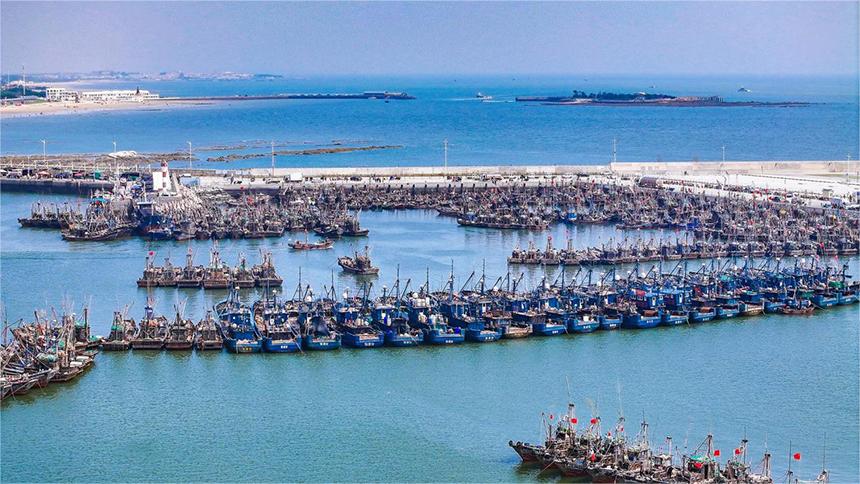Traditional culture ushers in new school term in NW China's Gansu
LANZHOU, Sept. 6 (Xinhua) -- Peking Opera, pottery, traditional poetry and more. Such flavors of traditional Chinese culture have been served to students in northwest China's Gansu Province in their first class of the autumn semester.
"I was immediately captivated by the delicate singing of Peking Opera," said Qiang Yihan, a second-year student at the No. 64 Middle School of Lanzhou, the provincial capital. Used to being shy, Qiang has gradually gained confidence and can now perform a few lines with ease.
"The unique singing style, elaborate costumes and intricate makeup offer a multi-layered aesthetic experience," said Cao Xiyuan, a student who has been learning Peking Opera for four years.
Peking Opera, regarded as a "national treasure," is a UNESCO Intangible Cultural Heritage. To promote this traditional art form among the young generation, Peking Opera has been introduced in schools over the past decade.
Cui Ling, the vice principal of Lanzhou No. 64 Middle School, has been teaching Peking Opera for 18 years. "Students need to experience Peking Opera up close to appreciate its charm."
"If we plant the seeds of traditional Chinese art in young hearts, they will naturally draw strength from it," Cui said. She has developed a Peking Opera curriculum. Thanks to her promotion efforts, other schools have also started Peking Opera classes.
Meanwhile, Lanzhou No. 3 Middle School in 2020 established a painted pottery workshop. This allows students to explore the ancient painted pottery culture of Gansu, which dates back to the Neolithic period. Under the guidance of art teacher Li Yi, the workshop has become a popular extracurricular activity.
"The students participated in the design of the workshop's layout and courses," said Li. "Their creativity around painted pottery often inspired me to learn more about this cultural heritage."
In class, students copy ancient patterns, make lightweight clay duplicates or paper-cuts to appreciate the intricate designs of Gansu pottery.
The earliest painted pottery in Gansu was discovered at the Dadiwan Site, a Neolithic site dating back to approximately 8,000 to 4,800 years ago. Patterns and symbols on artifacts found at Dadiwan offer insights into the lifestyle, beliefs and worldview of ancient people.
"By engaging with this art form, students not only connect with their cultural heritage but also understand human progress and the greatness of art," Li said. She has even taken students to cultural sites and museums to deepen their understanding of pottery culture.
At Linze No. 4 Middle School in the city of Zhangye in Gansu, the new semester began with the sound of students reciting classical Chinese poetry. The 20-minute morning recitation has been a tradition for a long time at this school.
"Classical verses sometimes come to mind naturally once familiar with them," said Yuan Rongjuan, a student, while also noting that immersion in classical literature has enhanced her writing and oral expression.
In addition, the school has set up a "Tang Poetry Garden" featuring verses from classical literature. A poetry competition is held monthly at the school to encourage students to write and compose poetry.
Principal Zhao You believes that such exposure to classical poetry and traditional culture can enhance students' expressive abilities and stimulate their creativity.
Photos
Related Stories
- Scenery of Gahai Lake wetland in NW China's Gansu
- Interview: China to build system of Chinese cultural identity symbols: minister
- Gabonese anchor promotes Chinese culture to Africa through her voice
- Trending in China | Mulberry paper
- Museum insights | Mengcheng's wide-mouthed pottery jar: a witness to the origins of Chinese civilization
Copyright © 2024 People's Daily Online. All Rights Reserved.









